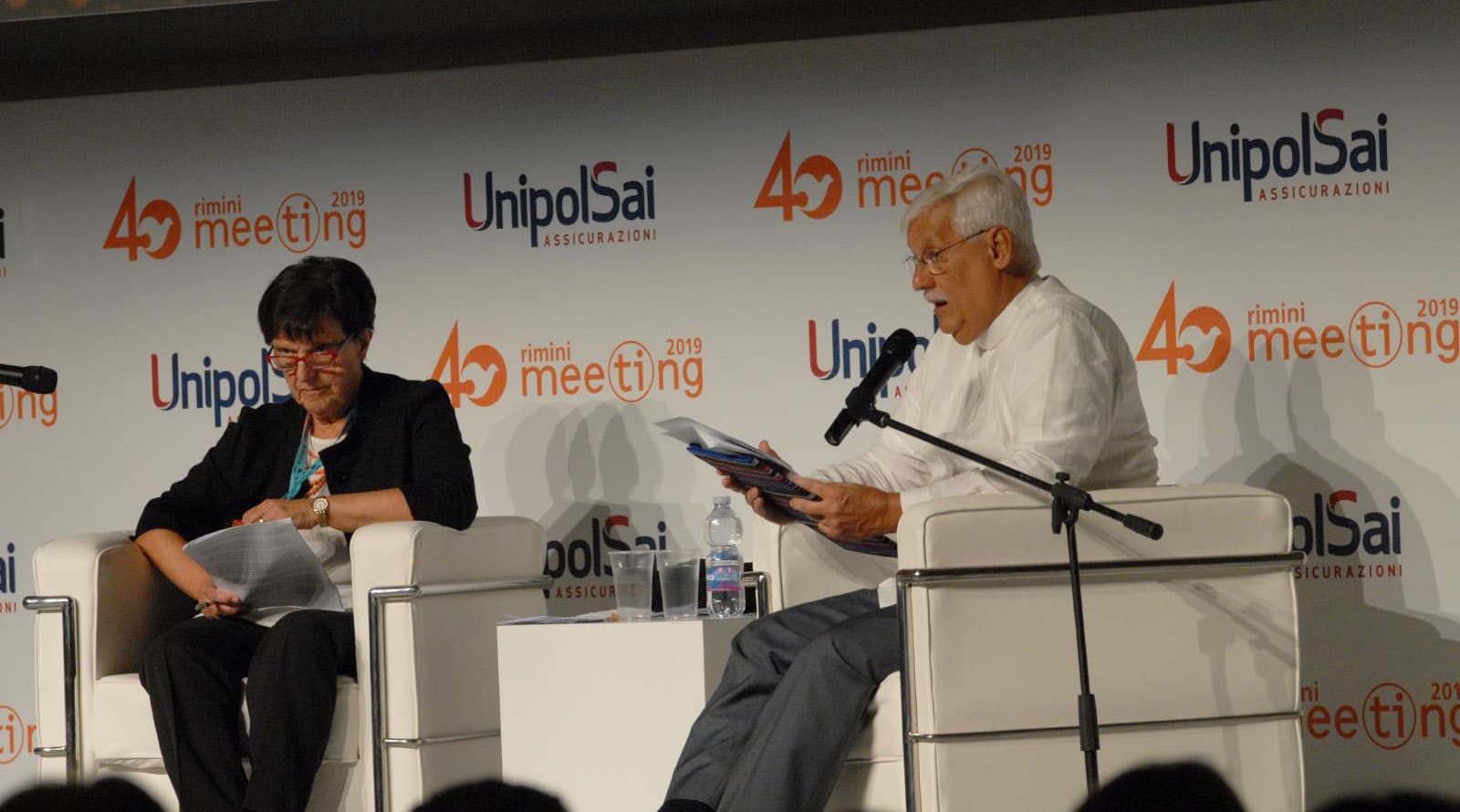The Gaze of Pope Francis on everything.

<< Jesuit are master of discernment, so we ask you to help us understand how Pope Francis want us to look at the world and how to go back to love politic, towards which we are living a time of disaffection>>. This is the question that EmIlia Guarnieri, president of the Meeting for friendship amongst people foundation, asked to Arturo Sosa Abascal, Superior General of the Society of Jesus, at the encounter in the UnipolSai Neri Room. After remembering that << discernment characterizes Jesuit because they are united, disregarding race, nation and other differences>>, Abascal explained << from their foundation in 1600, a period of epochal changes, Jesuit were also send to countries at war with each other>>.
To understand the gaze of Pope Francis on the world is useful to: << remember the four apostolic preferences that the Jesuit presented to the Pope and he approved: show the way towards God through the spiritual exercise, help the poor, guide the youth, work together to the care of the communal house. This apostolic preferences say what to do, not how to do it>>. Abascal underlined that this spiritual exercises lead to discernment, that is exactly to identify the obligation we have towards the conscience’s imperative. << This obligations result in the three apostolic preferences: help the poor and guide the youth, following Pope Francis’ encyclical Evangeli Gaudium, this means obtain their gaze on the world>>-
Even Saint Ignacio of Loyola, remembered Abascal, taught us that we cannot solve new problems with old solutions << Consistently with his teaching we need to learn from the world as it is, secularize as it is, to see the signs the Spirit send us>>. The fourth apostolic preference is the object of Pope Francis’ encyclical Laudato Si’, whose first concern is society, meaning the common good. << Everything is connected – says Abascal- the environmental crisis is the crisis of the society, only sustainability, through an agreement amongst the nations, can guarantee social harmony>>.
Emilia Guarnieri solicited again the relator to explain how we can care about politics. << We cannot live the gospel without taking a political position – answer Abascal- there are in the society some “theological places”; the youth, the poor, the marginalized these are the one to observe to see how God works in the world. For this reason politics, intended as listening, understanding and sharing of world’s needs is the most important service of a Christian>>.










